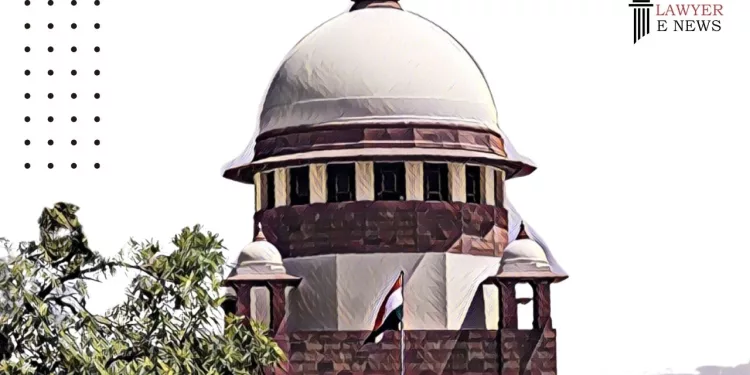There Cannot Be A Gap In The Chain Of Circumstances – When Conviction Solely Based On Circumstantial Evidence: Supreme Court

In a significant ruling, the Supreme Court of India has acquitted Darshan Singh, previously convicted under Section 302 of the Indian Penal Code for the murder of his wife, Amrik Kaur. The apex court’s decision, pronounced by a bench comprising Justices B. R. Gavai, Pamidighantam Sri Narasimha, and Aravind Kumar, hinged on the “snap in the chain of circumstances,” offering the accused the benefit of doubt in a case primarily based on circumstantial evidence.
The bench observed, “There cannot be a gap in the chain of circumstances. When the conviction is to be based on circumstantial evidence solely, then there should not be any snap in the chain of circumstances.” This crucial legal principle guided the court’s decision to overturn the concurrent findings of the lower courts.
The prosecution’s case relied heavily on the circumstantial evidence of Singh’s presence at the crime scene. However, the Supreme Court found significant inconsistencies and omissions in the testimonies of key witnesses, particularly PW3 and PW4, casting doubt on the appellant’s presence at his house on the night of the murder.
Further complicating the prosecution’s narrative was the defense’s suggestion of suicide by the deceased. The court noted, “In light of the evidence on record, even assuming for a moment that the appellant and Rani Kaur were present, it still cannot be said with certainty that it was a case of homicide and not suicide.” The absence of injury marks suggestive of a struggle also played a role in swaying the court’s opinion towards the possibility of suicide.
The ruling also highlighted a disparity in the High Court’s treatment of the co-accused, Rani Kaur, who had been acquitted earlier. The Supreme Court criticized this inconsistent application of the benefit of doubt and underscored the necessity of uniform standards in such evaluations.
The decision has stirred discussions in legal circles, emphasizing the importance of an unbroken chain of evidence in cases reliant on circumstantial evidence. The Supreme Court’s emphasis on the need for a complete and consistent narrative in such cases sets a precedent for future judgments.
Date of Decision: 04 January 2024
DARSHAN SINGH VS STATE OF PUNJAB






